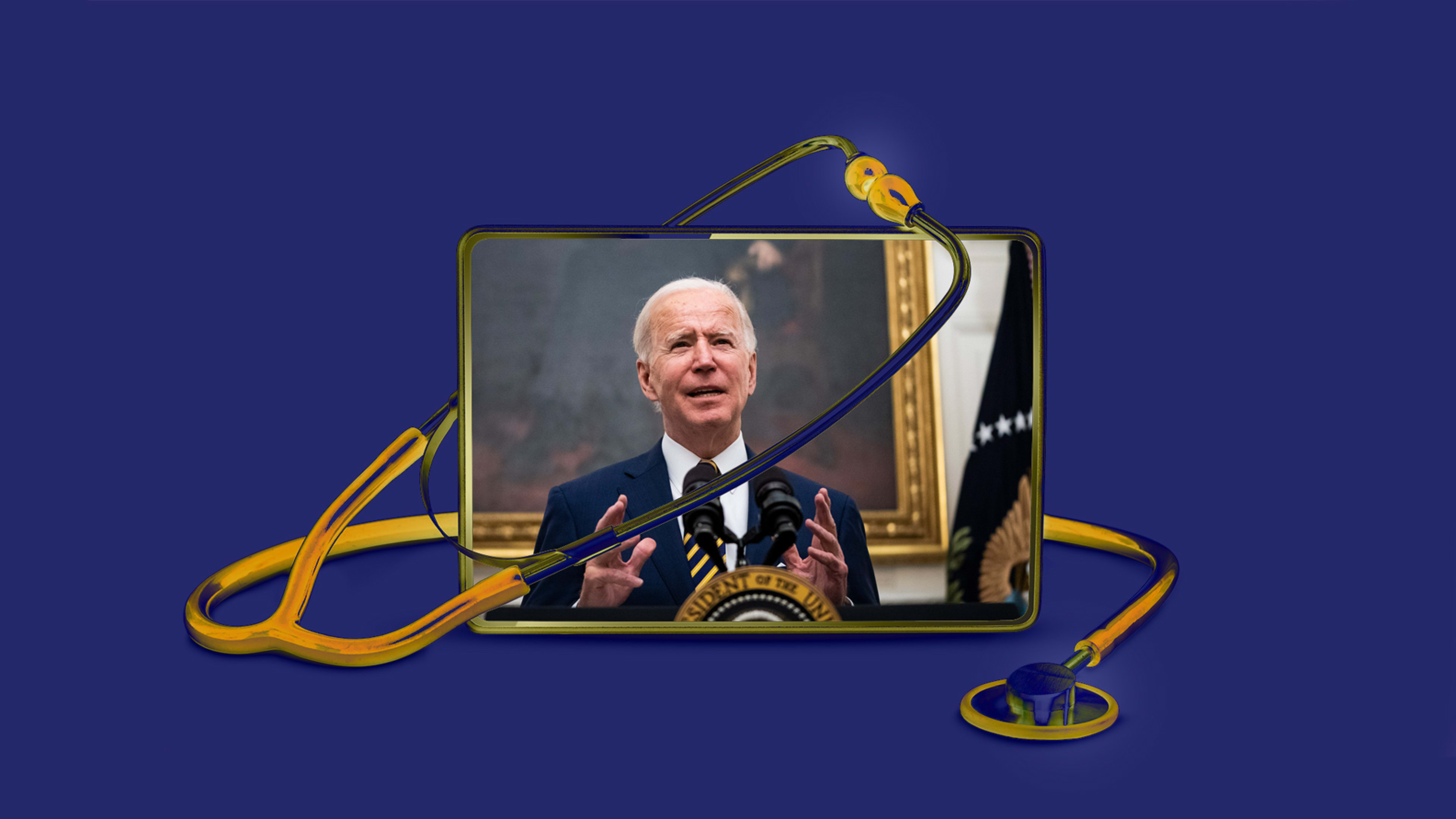It wasn’t until I joined the State Department in 2002 that I fully appreciated the power of America’s medical superiority. For all the problems with our healthcare system, the United States is far ahead of most countries in biotechnology and pharmaceutical innovation. Our top hospitals and universities are largely unrivaled. Hollywood may be our most visible global export, but medical science has a bigger impact.
As a senior physician-diplomat, I got a rare, up-close view of how this influence is quietly wielded around the world. In Moscow, I visited clinics and hospitals to discuss strategies for responding to mass casualty events. In New Delhi, we worked with the Indian Institute of Aerospace Medicine in Bangalore with USAF medical partners to provide outreach, humanitarian assistance, and disaster relief. In dozens of countries over my 14 years of service, we coordinated with international partners to serve American diplomats, to learn from host nations, and to plan for crises like a global pandemic.
Ironically, the coronavirus pandemic may be upending this dynamic. Historically, America’s medical “soft power” is wielded in two ways. For people of means, the United States is a top destination for medical tourism, a place for VIPs to receive top notch health care. It is thus a prime national security asset and valuable intellectual property. We also export health care solutions, in the case of the global poor, via NGOs such as the Gates Foundation, US government programs such as PEPFAR, diplomatic exchange programs, and satellite programs in partnership with leading American academic medical centers. This has often entailed establishing hospitals, clinics, and other health facilities in countries lacking such resources.
COVID-19 has affirmed this power structure in some ways and disrupted it in others. US-headquartered companies—funded over 15 years by DARPA, BARDA, and other US government funding sources—have produced the two leading vaccines, from Moderna and Pfizer. While rival superpowers China and Russia have produced their own vaccines, neither is believed to be nearly as efficacious. This has potent implications for the further distribution of the best possible COVID-19 vaccines worldwide, especially those going to developing nations, which have been severely disrupted by the virus.
The bigger X factor, in my opinion, is the rapid adoption of telehealth during the pandemic. The potential for doctors and health care workers to “see” patients remotely, via internet-connected and mobile-connected devices, means that doctors can bring the intimacy and compassion of an office visit directly into the home, school, hospital, or ICU. While traditional medical diplomacy has relied upon face-to-face encounters and on-the-ground liaison, telemedicine may allow for more.
These are major implications for U.S. leadership in the 21st century. As a nation, America has sadly fallen short in terms of sharing and exporting our medical expertise to other nations during this pandemic. With telemedicine, we can turn the page, moving beyond embassy-based medical diplomacy to promote American values. Combined with technologies like wearables and self-care apps, the U.S. has an opportunity to play a truly transformational role in global health.
Scaling up won’t be easy, but the U.S. can improve its surge capacity by partnering with governments, private capital, philanthropies, and other organizations. Making these changes need not be disruptive, although traditional medical institutions and health systems have tended to see mobile health as a profound disruptor. In fact, it is the single most important silver lining in this pandemic.
The United States has an opening to lead. By embracing virtual health globally, we can bring high quality virtual care to every nation on the planet. It is who we are, and doing so will define America in the century ahead. We should not have to await another deadly pandemic in order to do the right thing. This is our Sputnik moment. The time to begin is now.
Kenneth Dekleva is Associate Professor of Psychiatry at UT Southwestern Medical Center Dallas, where he holds the McKenzie Foundation I Chair in Psychiatry and directs the Psychiatry-Medicine Integration program. From 2002-2016 he served as a senior physician-diplomat with the US Department of State. The views expressed in this article are his own and do not reflect the views of the US Dept. of State or UT Southwestern Medical Center.
Recognize your brand’s excellence by applying to this year’s Brands That Matter Awards before the early-rate deadline, May 3.
